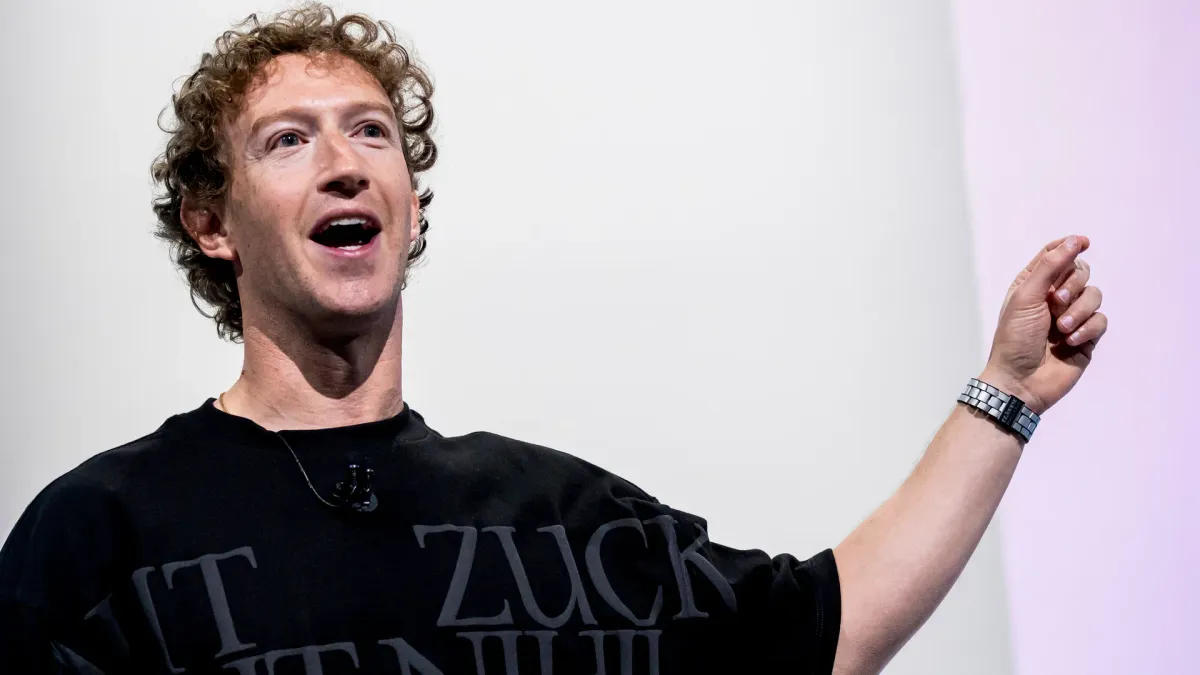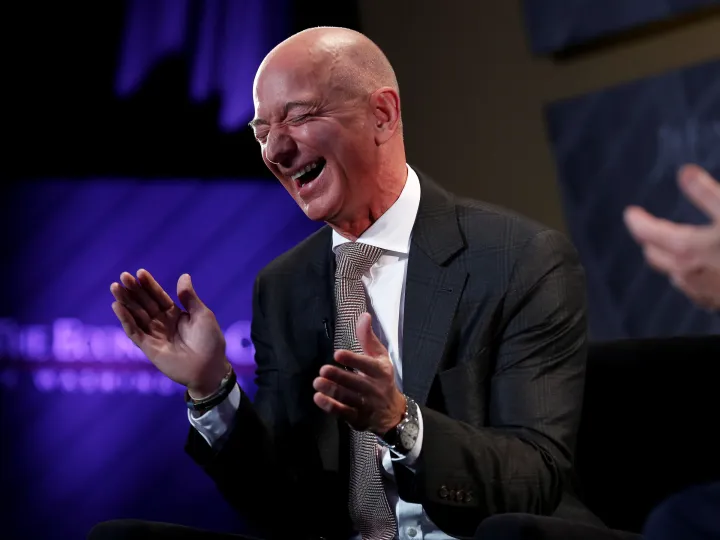On Joe Rogan, Zuckerberg Throws Stones from a Glass Metaverse
On Joe Rogan’s podcast, Mark Zuckerberg criticized Apple’s lack of innovation, conveniently ignoring that Meta’s most successful products—Instagram, WhatsApp, and Oculus—were all acquisitions, not inventions.

Mark Zuckerberg appeared on Joe Rogan's podcast this week to declare that Apple "hasn't invented anything great in a while," suggesting they're merely "sitting" on the iPhone's success twenty years later. The Meta CEO and would-be UFC fighter painted a picture of a stagnating tech giant whose primary innovation is finding new ways to squeeze developers through App Store fees and embarrass Android users with green bubbles. He went as far as to claim that Apple's $3,500 Vision Pro is inferior to Meta's $300-400 Quest headset, though he diplomatically conceded that future iterations might improve.
The audacity is breathtaking.
Here's Zuckerberg, whose company's greatest innovation has been finding new ways to profit from human misery, criticizing one of tech's most prolific inventors. Facebook's journey from dorm room project to global catastrophe generator is remarkable, but not in the way Zuckerberg imagines.
WhatsApp? Bought for $19 billion and then turned into a vector for global misinformation. Instagram? A $1 billion acquisition transformed into a teenage mental health crisis machine. Oculus? Another $2 billion shopping spree item now rebranded to support Meta's surveillance dreams.
The company's only innovation has been discovering new ways to dodge responsibility for the harm it causes. In Myanmar, Facebook's algorithms amplified hate speech that UN investigators concluded contributed to genocide. Meta's response? A belated apology and a promise to do better, followed by recent policy changes that strip away protections against exactly the kind of dehumanizing rhetoric that fueled that violence. The company that helped facilitate ethnic cleansing is now "getting back to its roots around free expression" by removing prohibitions against comparing women to property and spreading hate speech about immigrants.
Meta's latest breakthrough is maximizing engagement by dismantling safeguards against harassment while maintaining a thin veneer of corporate respectability, rolling back content moderation standards as they're cozy up to political leaders. It's not ideology, and it's not innovation – but it is business as usual for a company that treats human dignity as an acceptable cost of doing business.
This isn't to say Meta doesn't innovate at all. They've pioneered the suppression of internal dissent while championing external "free speech." When employees criticized new board member Dana White over documented domestic violence, Meta's HR team rapidly deleted the comments – all while trumpeting their return to "free expression roots." The cognitive dissonance is stunning. Like a tobacco executive lecturing about public health.
More telling is Zuckerberg's complaint about Apple's AirPods protocol being closed to competitors. This from the company that built an empire on digital walls, that turned user data into a commodity, that actively worked to prevent people from escaping its ecosystem. Meta's platforms are digital panopticons designed to capture and monetize human attention regardless of the societal cost. If you want proof of that, ask yourself why there are no third party clients for Threads or Facebook.
Lastly, Zuckerberg seems fixated on Apple's revenue model. He criticizes Apple for making money through App Store fees rather than device sales. But it's a classic case of projection; Meta's entire business model is built on surveilling users and selling their attention to advertisers while systematically destroying the social fabric that makes human connections meaningful. They didn't invent social networking, but they did perfect the art of turning human relationships into profitable data points.
The reality? Both companies innovate but with fundamentally different aims. Apple's innovation creates products that enhance human capability while reducing privacy risks. Meta's innovation finds new ways to exploit human psychology for profit. Both approaches have created enormous value for shareholders, but only one has repeatedly been implicated in ethnic violence, election interference, and the systematic degradation of democratic discourse.
There exists a distinction between that brand of innovation which is truly beneficial to humanity and that which seeks to exploit it for nefarious gain. Mark Zuckerberg and Meta are a prime example of the latter – a company that turned human connection into a mechanism for surveillance and profit while virtue signaling their moral hollowness and boasting about their own inflated credentials.


